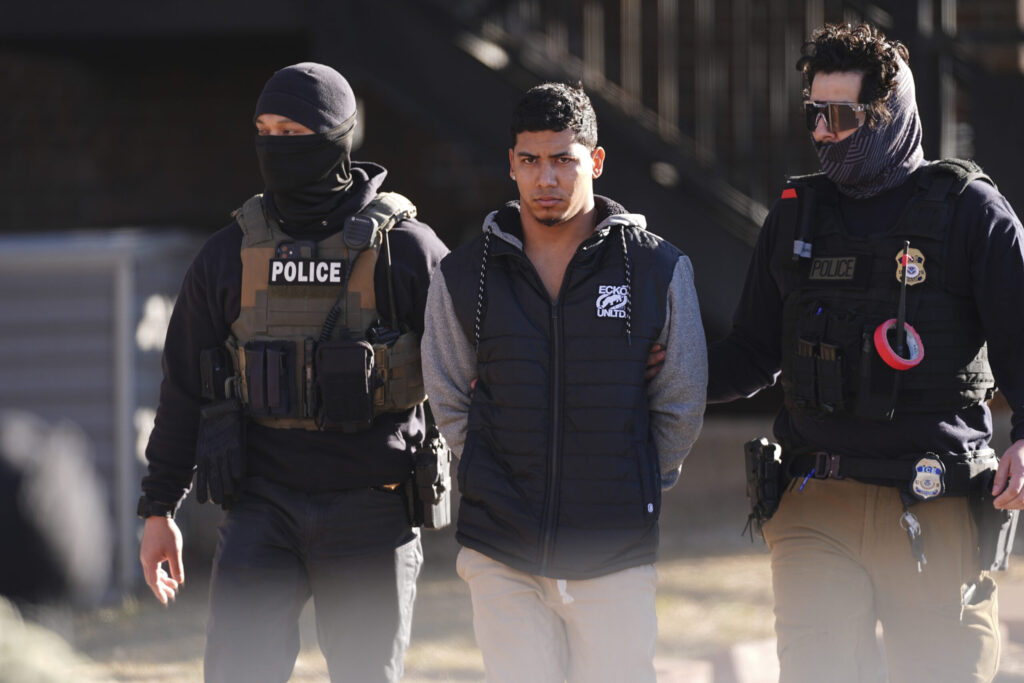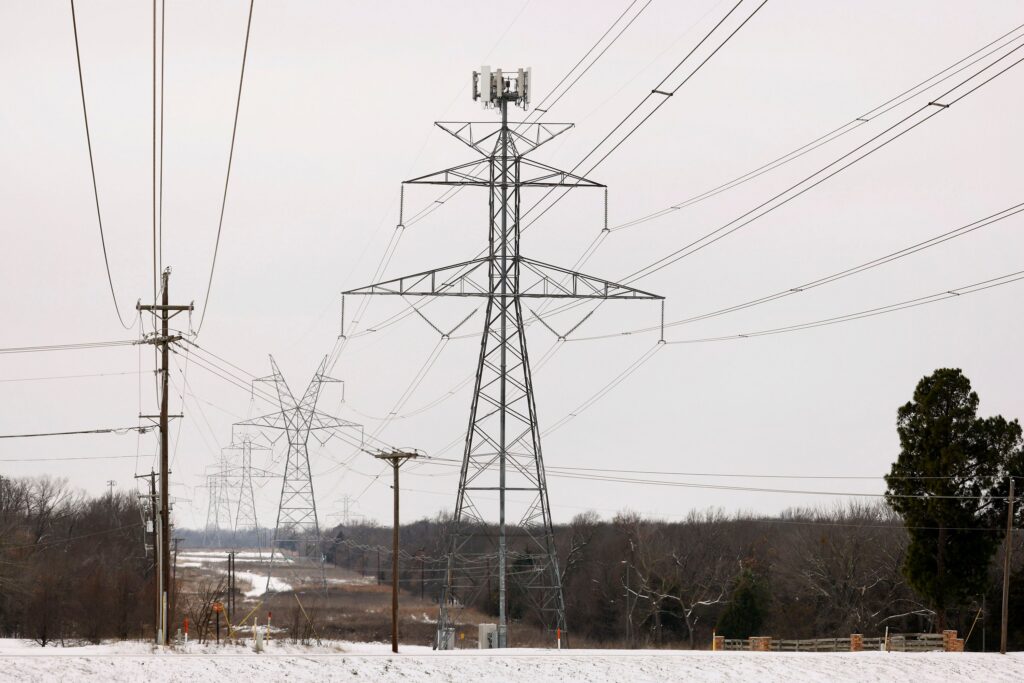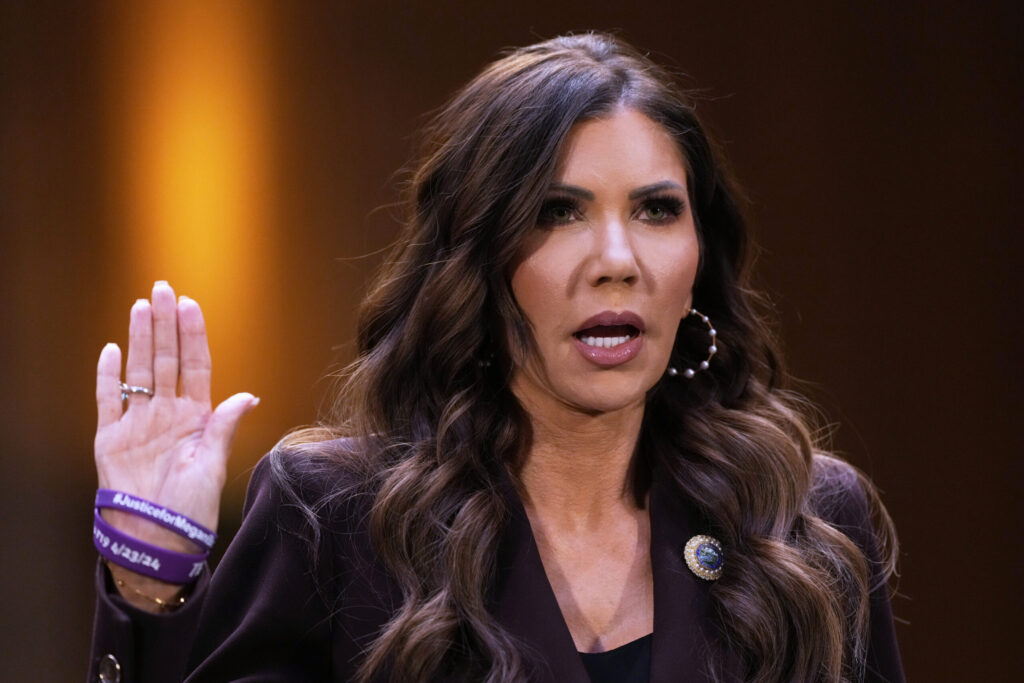Rural broadband clears first committee, but rocky road may be ahead

The point of getting better (or in some cases, any) broadband service to rural Coloradans isn’t about downloading movies from Netflix or checking a Facebook status. It’s about the high school student who stays at school until 8 p.m. because it’s the only place where internet service is fast enough to do homework.
The Senate Business, Labor and Technology Committee worked into the evening Wednesday to review a bill that could do just that: Senate Bill 2, which would take dollars that currently go to CenturyLink and transfer them to a state broadband fund. The broadband board would then turn those dollars into grants to telecomm providers that would build high-speed internet in rural communities. The committee approved the bill on a 7-0 vote, but that unanimous vote masks just how much work there is ahead to overcome some of the measure’s strongest opposition.
Few bills in 2018 will be more complicated than SB 2. Yet few will have as much impact on the economic and educational future of rural Coloradans as as SB 2, as evidenced by the testimony of witnesses who traveled from all over the state to plead for the General Assembly to fix the broadband problem once and for all.
Some of the biggest complaints came from residents of the Western Slope.
“Our communities can’t wait. They need it today,” said Jasen Bronec of the Delta-Montrose Electric Association. The company owns Elevate, which is working to provide the region with high-speed internet.
William Patterson of TEI Rock Drills of Montrose told the committee his company operates 14 robotic machines that can be controlled remotely. “Many of our programmers would like to work from home, but they need more than basic internet service.”
And then there’s Damon Lockhart of Delta, who has five children. He described how when one child is doing homework that requires the internet, everyone else has to shut down all of their devices. “The price I pay now is twice what it should be and the speed is ten times slower,” Lockhart said. “The service I’m able to get is not fair for my kids.”
SB 2, sponsored by Republican Sens. Don Coram of Montrose and Jerry Sonnenberg of Sterling, would make the High Cost Support Mechanism (HCSM), a fund controlled by the Public Utilities Commission, one of the state’s primary sources for funding rural broadband. The HCSM is a surcharge that everyone with phone service (including cell phone service) pays, at 2.6 percent of the bill. Telecomm providers in Colorado collect that surcharge and then route it to the HCSM, which was set up in 1998 to subsidize the high cost of providing landline service to rural parts of the state.
In 2014, the General Assembly decided to start shifting HCSM dollars to pay for rural broadband, but that’s been slow going, due in part to lawsuits. The HCSM also is dwindling as people move away from landlines. In 2013, the fund took in $53 million; in 2016 it had dropped to $37 million and is expected to be even lower in the future.
SB 2 would direct the portion of the HCSM dollars that currently goes to CenturyLink to the broadband fund. The company receives the bulk of the money that goes to the HCSM, and the company is fighting to keep those dollars for as long as possible.
As introduced, the bill would direct 20 percent of CenturyLink’s HCSM moneyto the broadband fund over the next five years, until all of that money goes to the broadband fund. Sonnenberg and Coram tried unsuccessfully to persuade the committee to adopt an amendment that would transfer 60 percent of the HCSM in the first year and 10 percent in the next four years. That didn’t fly with those who back CenturyLink and the amendment lost on a 3-4 vote.
State Sen. Angela Williams, a Denver Democrat, then offered an amendment backed by CenturyLink that would create a new definition of what constitutes a broadband provider and that would limit who gets HCSM grants. Sonnenberg argued the definition targeted only one provider – Viaero, which serves northeastern Colorado – and that amendment also failed.
The biggest issue in delivering rural broadband is in the speed of internet connections. In 2015, the Federal Communications Commission (FCC) set a minimum standard of 25 megabits per second (Mbps) for download and 3 Mbps for upload. But some in rural Colorado testified Wednesday that they’re lucky to get two Mbps down and one Mbps up.
Some of those rural residents blame CenturyLink for failing to deliver on the promise of high speed service, despite receiving millions of dollars both from Colorado and from the federal government. More recently, the company received a $506 million grant from the FCC to provide rural broadband in 33 states, with $160 million of that expected to go to Colorado.
Wayne Warmack of Durango wrote a letter to Coram, which the senator read to the committee. Warmack said his home has internet service from CenturyLink with speeds of “up to” 1.5 Mbps. “What this means in practice is that our actual internet service is intermittent and average speeds are a tiny fraction of the ‘up to’ advertised speed. Needless to say that means our ability to use the internet for anything more than email is very limited,” and expensive, at more than $100 per month.
“CenturyLink has had a chance to be a good corporate citizen and has failed us miserably,” Warmack wrote. “Why are they able to wield so much influence when they have failed their rural customers so completely?” Coram said the joke in southwest Colorado is that if CenturyLink were a person and was murdered, “you’d never get a conviction.”
“For me to get a letter like this is disturbing, and I get a lot of them,” Coram said.
CenturyLink’s Tim Goodwin told the committee the company has invested hundreds of millions of dollars to build rural broadband. “We’re not here to oppose the bill,” Goodwin said. “But we’re not too wild that the bill attempts to solve the broadband problem on our backs.” He noted the amendment they supported (and lost) would help the company with the transition of losing their HCSM dollars.
Some members of the committee referred to 25 up and 3 down as a Cadillac standard when a Chevy would do. The minimum basic service in Colorado should be at least 10 up and 1 down, according to Stephanie Copeland of the state Office of Information Technology (OIT). But she also said that anything under 25 up and 3 down wouldn’t be as useful, particularly for the future.
Sonnenberg told the committee that the sponsors’ intent is to use the HCSM to get to those areas that are unserved or have very limited service, and Brian Shepherd of OIT said the broadband board would prioritize its grants to areas with the greatest need first and next to those providers that will build 25 up and 3 down.
The bill next heads to the Senate floor for debate. Should it reach the House, it will be carried by Speaker of the House Crisanta Duran of Denver and House Majority Leader KC Becker of Boulder.
Photo by JC Burns, via Creative Commons license, Flickr,












